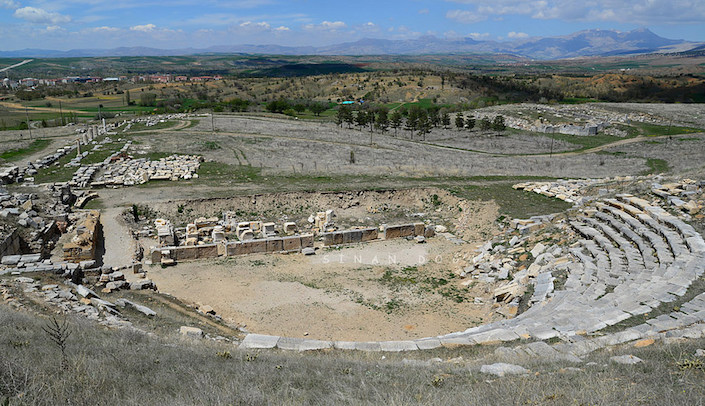
The unique amulet used against cancer has been discovered in the Pisidia Antioch
A unique amulet for cancer has been discovered during excavations in the ancient city of Pisidia Antioch, located in the southern part of Anatolia.
Pisidia Antioch, which encompasses the entire province of Isparta and parts of the provinces of Afyonkarahisar, Burdur, Antalya, and Konya today, was a region organized in the form of small tribes or village groups in the 1st century BC. Its mountainous and rugged terrain provided the region with resilience against external forces.
The amulet, determined to date back to the 4th century AD, was discovered around the church located on Aedilicus Hill in the ancient city.
The discovery was made by a team led by Prof. Dr. Mehmet Özhanlı.
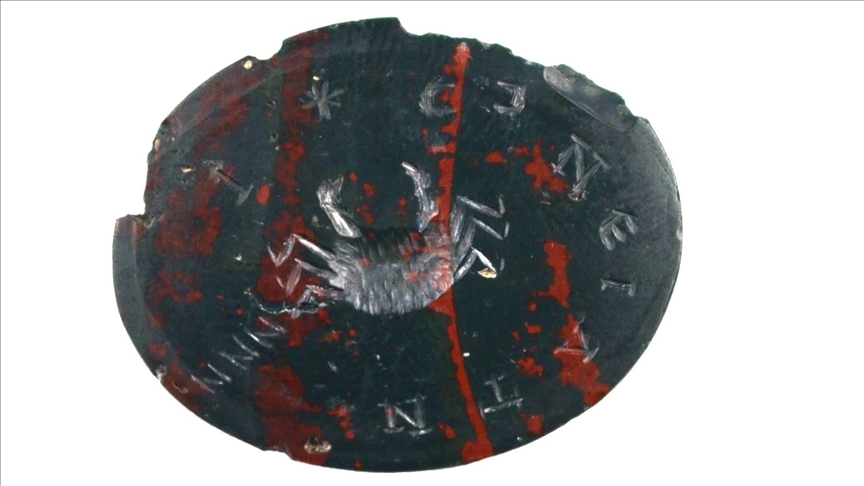
Mehmet Özhanlı stated that research has determined the amulet was made for cancer. He remarked, “It is one of the most unique artifacts found in the Antioch excavations to date. The data obtained from the studies conducted on the amulet has further increased the significance of the find.”
Özhanlı expressed that the necklace sheds light on the historical understanding of cancer in ancient times, noting the following:
“It is a necklace that a father had made and worn as an amulet for his sick daughter to help her recover. One side of the amulet features a crab, while the other side contains inscriptions meant to aid in her recovery. The comparison of cancerous tumors to a crab is actually the origin of the disease’s name. This is because ‘karkinos’ means crab in Greek. The term ‘cancer’ used today also derives its name from the Greek word for crab. Such amulets were widely used from the Hellenistic period until the 4th century AD. The example found in Antioch is the best-preserved and most meaningful in terms of imagery and textual content discovered in Anatolia to date.”
You may also like
- A 1700-year-old statue of Pan unearthed during the excavations at Polyeuktos in İstanbul
- The granary was found in the ancient city of Sebaste, founded by the first Roman emperor Augustus
- Donalar Kale Kapı Rock Tomb or Donalar Rock Tomb
- Theater emerges as works continue in ancient city of Perinthos
- Urartian King Argishti’s bronze shield revealed the name of an unknown country
- The religious center of Lycia, the ancient city of Letoon
- Who were the Luwians?
- A new study brings a fresh perspective on the Anatolian origin of the Indo-European languages
- Perhaps the oldest thermal treatment center in the world, which has been in continuous use for 2000 years -Basilica Therma Roman Bath or King’s Daughter-
- The largest synagogue of the ancient world, located in the ancient city of Sardis, is being restored

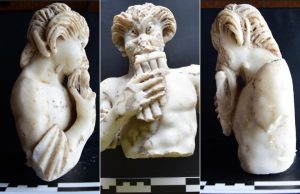
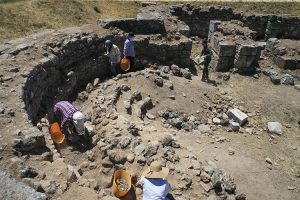
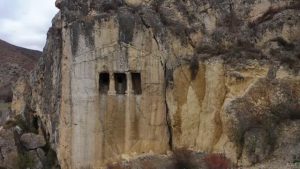
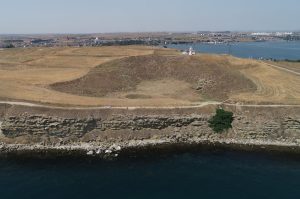

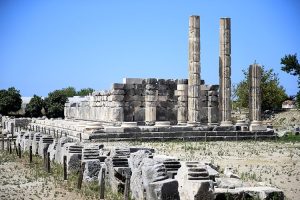


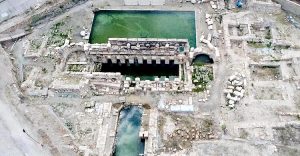
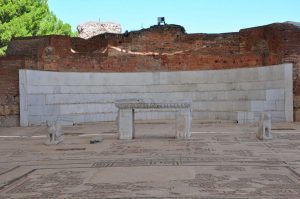
Leave a Reply